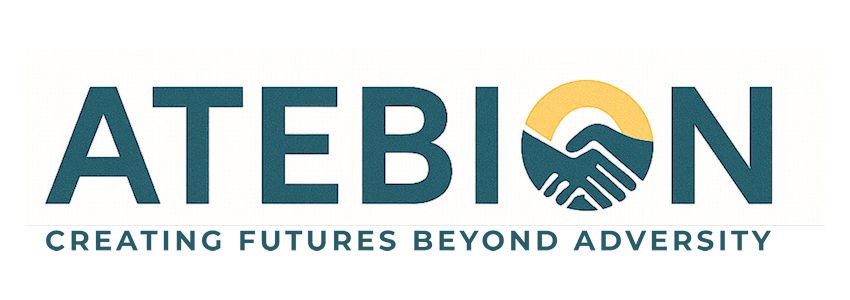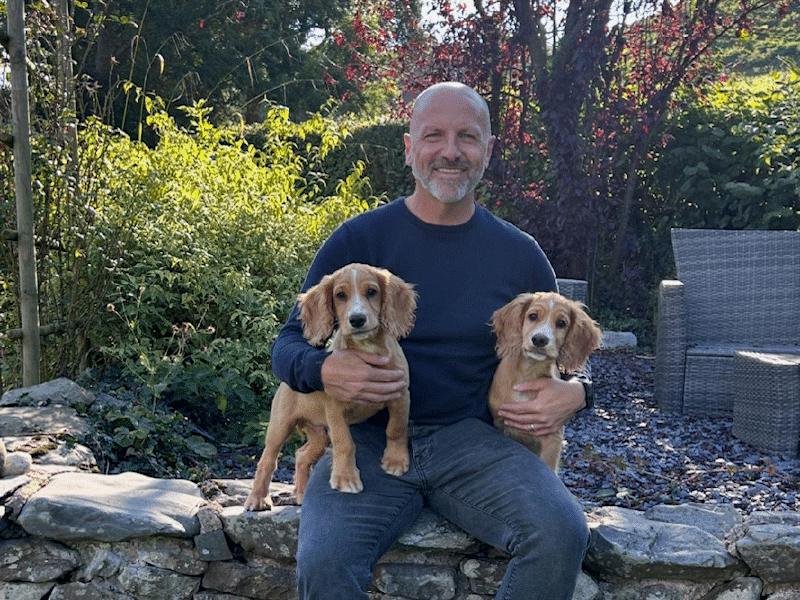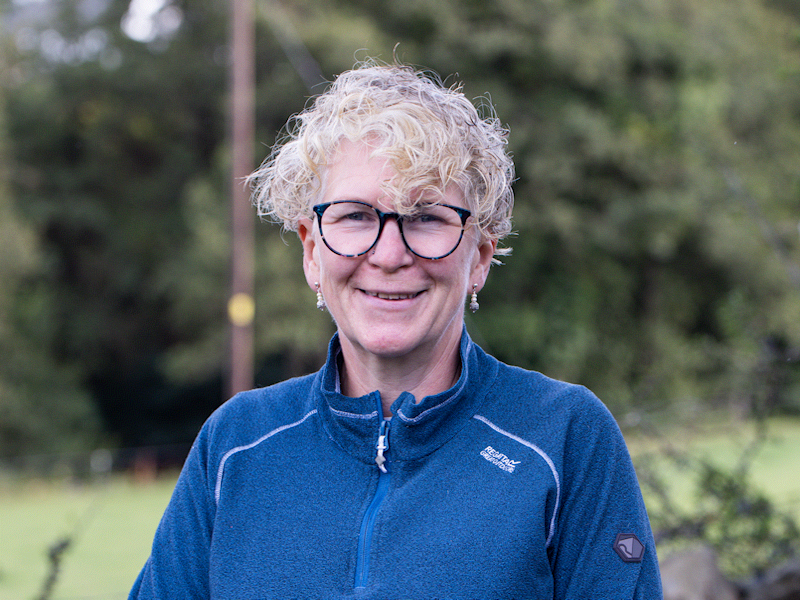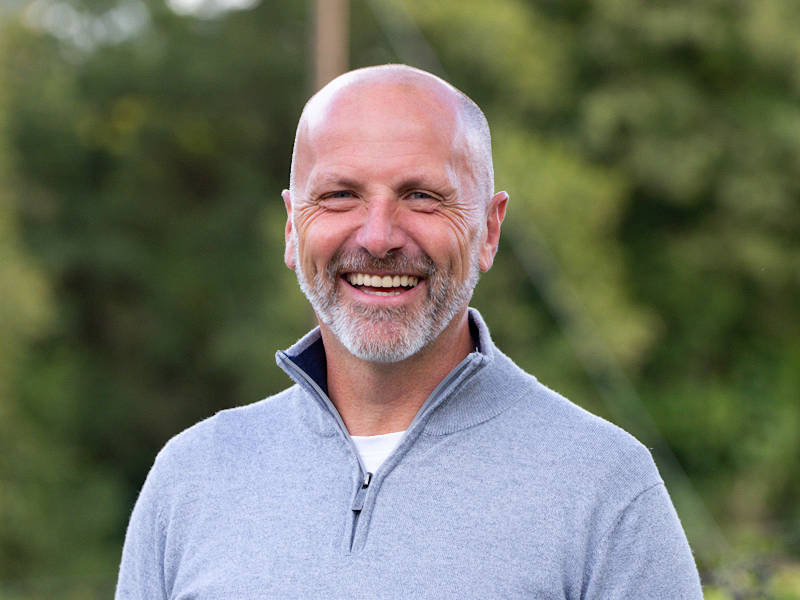I grew up around alcohol. Drinking was a daily thing for my parents and wider family, who ran bars, pubs, and clubs. I saw the fun, and I saw the damage it caused. Some of my relatives drank themselves to the bitter end, but at such a young age this was overlooked, as these people were my heroes. When they drank, they were funnier, more confident, and full of working-class grandiosity that made daily school life dull in comparison.
School just got in the way of the things I loved—football, cricket, and building dens down the brook, where we would act as army officers one day and Mafia bosses the next. ‘Down the brook’ I could lose myself, be anyone, and escape what I didn’t yet realise was chaos at home with overly ecstatic, or argumentative parents. Still, to me, it was normal. That’s just how things were. Looking back, childhood was unbalanced to say the least.
I felt ten feet tall when I had my first unsupervised drink—a swig of Red Stripe one Wednesday evening after army cadets. The alcohol had little effect, but the fact it came from someone older who I looked up to hit the spot. It connected some dots. In that moment, I felt accepted, and it soon became a weekly habit. My mate started sneaking cans from his dad’s corner shop. School nights or weekends, it didn’t matter—as long as the buzz and risks were there. It became part of our ‘growing up’.
Later, school years became a game of cat and mouse with teachers. My academic reward was one GCSE in English—a subject I loved, as the teacher took us on a journey every lesson and kept us engaged. But I left with something that mattered more to me at the time—reputation. It meant everything, although keeping it up required more and more booze. When I drank, I felt untouchable, like I had found my power. I could take on the world, and I tried—at least in my head!
College didn’t work out. I blamed everything and everyone else; it was never my fault. Slowly, I was disappearing into a life of fantasy and unrealistic ambition. I was chasing success without structure, flitting from job to job, making just enough money to enjoy the 90’s rave scene to its fullest.
I scoffed at real opportunities, having convinced Canada Life, a world-renowned insurance company to employ me at the age of 18 as a trainee financial advisor. Even though they had a policy of employing over 21’s only, I wowed them with my grandfather’s double-breasted suit and empty briefcase, whilst fabricating the answers to a psychometric test that was apparently impossible to pass if there were any untruths.
I headed to London to sit my Financial Planning Certificate exams, one each day for five days. The first four were a breeze. The final exam, Pensions, was the easiest. So, the night before, I went to the bar for a quiet drink! I woke the next morning in a different part of London at 10am, with no recollection of the night whatsoever. I took a cab to the station and jumped on a train to head back home to Birmingham, leaving London and any hopes a career in the City behind.
Marriage came unexpectedly to a childhood friend. My mother likened us to a ‘pair of old shoes’—one would be lost without the other. We had two beautiful boys and set about creating a good life, a stable family. But inside, I was still chasing something. I just didn’t know what. Unknowingly, I had planted the seed of my unbalanced childhood into my new family home, and watered it with indecision and false promises.
Drinking once again gathered pace. From the outside looking in, we were doing great. We managed to buy a first home and renovate it from top to bottom. I got a job as a sales manager for a multinational company and quickly began to work my way up the ladder with rewards of a company car, and handsome salary, all by the age of 25. Looking back, I was just a kid who took solace in drinking every night, excessively at times.
It was one of those ordinary drinking nights when things changed. My son had a nasty fall in our hallway, banging his head in the process. We rushed him to the children’s hospital, where fortunately an examination revealed nothing more than a bruise. But the whole time he was there, my mind was elsewhere. All I could think about was closing time, and I was going to be too late for the off-licence. I was petrified about not having enough booze; I then recalled some cider in the garage, left over from a party. Anyone who has been through the wringer of addiction will understand that euphoric feeling. I was ecstatic.
When I got home, I felt sick with guilt. How could I have been so disgustingly preoccupied while my boy was having these tests? I necked two cans as if they were going to be my last.
It turned out they would be, for what turned out to be the seven of the loneliest years of my life. During this time, I didn’t touch one drop of alcohol. Yet it still had me by throat, strangling every waking day. I was in a continual state of defence, avoiding every booze aisle, dreading Christmases, and family gatherings. Our friends began to drift away as we drifted miserably, believing that when the drink went, so did any chance of us being happy or having any kind of fun as a family.
Even during this period of abstinence alcohol still ruled my life, and subsequently, that of my nearest and dearest. It had me shackled.
I seem to recall the year as 2006. It was another distinctly ordinary night in with my in-laws. Following a festive feast of leftovers, I was alone in the kitchen sorting drinks. My wife and mother-in-law were teetotalers, whilst my father-in-law requested a beer. I remember the next 60 seconds like yesterday. As I carried the bottle through the hallway, I sniffed the top of the bottle, and then took a sip. I handed the beer over and retreated to the kitchen, only to return with a bottle in my hand, much to the surprise of everyone. At this point, there had never been any conversation about alcohol and I having an unhealthy relationship.
I did well that night, stopping at one bottle. Three days later, I woke up a little shaky. Whilst driving her to work, my wife said, ‘Rich, I put the recycling out last night and there were ten beer bottles.’ In my defence, I replied, ‘So, that’s a few nights worth, it’s not that much.’ I’ll never forget her next words. ‘Rich, I’ve been putting the recycling out every night. You drank ten bottles last night.’ From a sip to ten bottles in three consecutive evenings. I knew absolutely, so did she I think, that this was the beginning of what was to become a life of hell. Not just for me, but for everyone I cherished. I drank solidly for the next 12 years, not having a single day off unless I was in hospital.
During my seven-year spell of sobriety, there had been times of clarity, but work life never matched my expectations. No matter the job, I felt unsatisfied. So, I started my own business. It grew fast, from nothing to £250,000 turnover in its final month. It should have been a success story. However, I picked drink over deadlines. Big turnover meant big losses, and the business collapsed.
We were broke. But somehow, I always had money for booze. beer tokens. Alcohol was my number one priority. I clung to it while I let go of everything else—my wife, my boys, my health, my future. My dreams faded as my alcohol consumption increased. Losing my father, gave me just cause to drink more, and withdraw from what social network was left.
I had gone beyond the park-bench drunk stage. I was a solitary drinker—neat vodka morning, noon, and night. Fully aware that I was destroying myself, but unable to stop.
When my mother died in 2017, I inherited a large sum. I saw it as a second chance, a way out. I moved to North Wales and paid tens of thousands for a caravan, which was wrecked in a matter of months. I soon built a reputation as Porthmadog’s new town drunk. Delusions and delirium tremens became a daily norm. Life became pure survival. I wasn’t brave enough to quit, or to die. I was stuck in limbo, slowly erasing myself from existence.
Detox admissions became frequent in 2018. Each time I was discharged, I knew I would drink. The final stint took nearly eight weeks. It wasn’t pretty. I was so weak that I had to learn to walk again, and regain bodily functions. It was touch and go for days. But something changed. This time, miraculously, I had no compulsion to drink. On discharge I was sent to a hostel, broke, and wearing hand-me-downs from the clothing bank. My bank account was dry—and for the first time in years, so was I.
I often say that ‘I woke up in hospital, got dry in Caernarfon, and found sobriety in recovery.’
At first, AA became my world. I was obsessed. I read and read. In fact, I read more books in those first few months than I had in my entire life before. I began to understand that without money, a partner, or a Porsche, I could still be genuinely happy. That was a revelation. I started to feel something I hadn’t felt in years … contentment.
I was then introduced to North Wales Recovery Communities (NWRC). Lots of big steps were made walking up that drive to Penrhyn House, but I was greeted by a beautiful building that instantly oozed the character of the people I would eventually come to love and respect. I say ‘eventually’, because it took time to drop my guard and embrace a new recovery family.
We made incredible memories—the annual September Expedition, Christmas performances, and themed events. But what I loved most was the innocence of the not-so-innocent, the sincerity of rogues, and the kindness that lived within the darkest of characters. I can still hear the laughter in that living room. It became a place of transformation—not just for me, but for others who walked through the door.
Of course, we witnessed relapses. there were relapses.And some didn’t make it. That’s the reality of addiction. But we had a bond that you don’t find anywhere else but in recovery. A shared pain, a shared strength.
Life threw both problems and opportunities at me in equal measure, but recovery helped me stay grounded and sober. I put my hand up for everything—volunteering, helping out, and being useful. I helped build the ARK at Penrhyn House and played a role in developing Bwyd Da. Just small examples of what happens when you say ‘yes’ to something bigger than yourself. I discovered I had value, and that I could contribute.
Over six years on, I’m still sober. And I’m living a life I never imagined possible. That, I think, is the secret—the more you give and the harder you work at recovery, the easier it becomes.
Life’s riches look different now. I give my all to my family, especially to my beautiful wife, who I met in recovery, and to my son. My remaining time is shared between supporting others in recovery and carving out the occasional ‘me’ time. I’ve learned that self-care is an important part of recovery growth.
The rewards are simple: smiles of sincerity, moments that call for responsibility, and a deeper understanding that high expectations can narrow future outcomes, yet keeping an open mind allows doorways to open to a world of opportunity.
Today, I’m free. Not because life is a breeze, but because I’ve learned to regulate the highs and lows.
Anything is possible.





